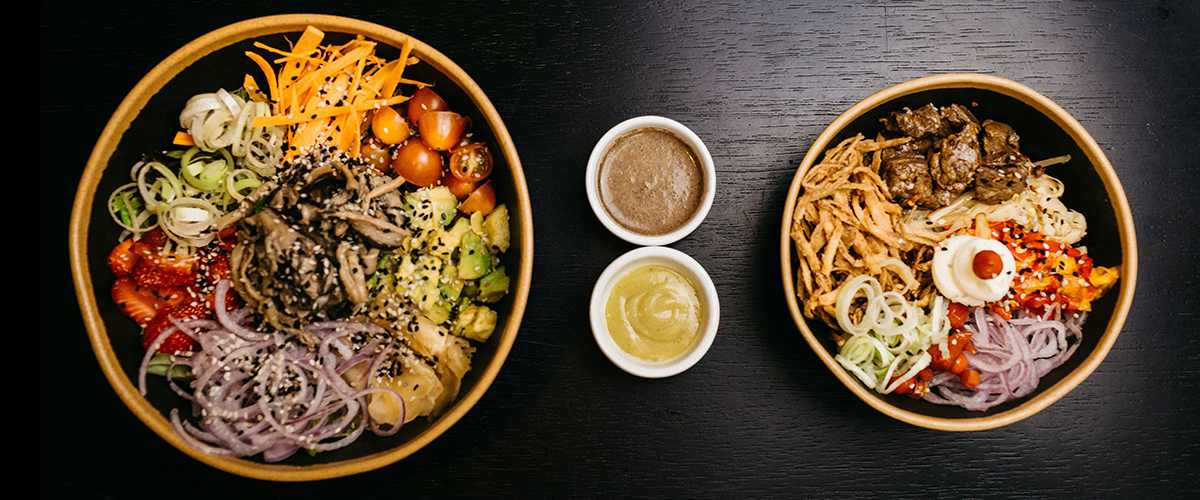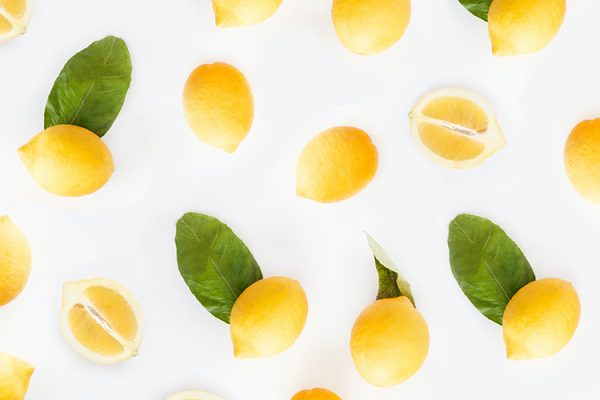Aside from weight-loss focused diets, many of which present their own nutrition challenges, vegetarianism is probably the most commonly practiced kind of restricted diet. Several other diets fall under its umbrella, including vegans, pescatarians and lacto- or ovo- (or both!) vegetarians who still consume dairy or eggs, respectively.
Some vegetarians may not realize what nutrients they are losing or how to get them from other dietary sources. The last part of this nutrition series will touch on some of the key nutrient vegetarians will struggle to get enough of — and where else they can be introduced in the diet.
Talk to a doctor before making drastic dietary changes, and if you do have a restricted diet, consult a medical professional regularly to make sure you are not developing any nutritional deficiencies. (Don’t just take my word for it because I’m still not a doctor or nutritionist, just an excellent researcher striving to be as healthy as I can and trying to share that with you.)
Check out Health and Nutrition Part I (the basics) here and Part II about vitamins here.
Protein
Protein is obviously the big one because most people typically get the majority of their dietary protein from meat and other animal products. The essential amino acids provided by dietary proteins are necessary for the health of your skin, bones, muscles and organs. While animal proteins provide adequate amounts of all essential amino acids, plant-based proteins are typically lacking in one or more.
If you eat eggs, dairy or fish, these are all excellent sources of protein. If you don’t eat any animal products, try to ensure your diet contains a variety of plant protein sources, in sufficient quantities. These include:
— lentils, chickpeas, beans and other legumes
— nuts and seeds
— whole grains, particularly oats
Soy products are also common sources of plant proteins but should not be a vegetarian’s only source of protein. Since plant proteins are incomplete, having multiple sources is necessary to provide all the essential amino acids your body needs.
Iron
Iron is divided into two categories: heme iron, found in blood and muscle, and non-heme iron, found in plants. Non-heme iron is more difficult to absorb, so people on vegetarian diets have a higher recommended iron intake. It is also a good idea to pair iron-rich plant foods like beans, lentils and dark leafy greens with foods high in vitamin C, as it enhances iron absorption.
Omega-3s
Most of the essential omega-3 fatty acids in your diet would typically come from fatty fish, so if your diet doesn’t allow fish you may not be getting enough. There are some plant sources of omega-3s, like chia and flax seeds, and some nuts, but the omega-3s in plants are not the same types a those needed by the human body. The process of converting them in the body is also highly inefficient, so getting a sufficient amount through food will be difficult on a plant-only diet.
Vitamin B12
Vegetarians are also likely to be lacking in some B vitamins that are typically derived from animal products in the diet. The most critical will be B12, as it is found almost exclusively in meat, fish, eggs and dairy. Vegetarians who still eat some animal products may still get enough B12, but vegans will be at higher risk for B12 deficiency, which can be very dangerous. Bring it up with your doctor if you’re experiencing symptoms.
Calcium
Calcium deficiency will be a problem for anyone whose diet contains little or no dairy, since that’s the most common source of dietary calcium. Vegetarians, as well as those with lactose intolerance, can find alternate calcium sources in dark leafy greens and cruciferous veggies, as well as some nuts, seeds and beans if consumed in sufficient quantities.
Vitamin D
While it can be produced by the body in response to sun exposure, most people do not get enough direct sun contact to produce as much vitamin D as they need and rely on dietary sources to fill that gap. Unfortunately for vegans in particular, the strongest dietary source of vitamin D3 (the more effective kind) is fatty fish, followed by egg yolks and liver. Vegetarians who eat eggs or dairy can get some vitamin D there, as dairy products are also often fortified with vitamin D, though it is typically D2, which can also be found in mushrooms.
As always, a varied diet will provide most of the nutrition you need. Even if you can’t or won’t eat the most common sources of a particular nutrient, there are usually others. If you truly can’t meet your nutritional needs through diet alone, well, that’s what they invented supplements for.
I’d recommend at least trying to find natural dietary sources of the nutrients you’re lacking first, especially since the FDA doesn’t regulate the quality or safety of nutritional supplements, but sometimes that’s not really practical.
Talk to your doctor before you start taking anything new, though, and keep track of how any supplements are affecting you. Your health is important, and taking care of your body should always be a priority. Stay safe and self-care, my friends.

—
Monday Lovelace is a queer Black writer and graphic designer out of the Pacific Northwest. They’re out here to live their best life and help others do the same. Contact Lovelace via monday@ynotcam.com.
Header image via Unsplash here. Smiling woman eating daisy here.










